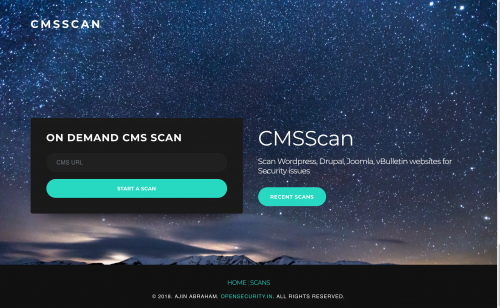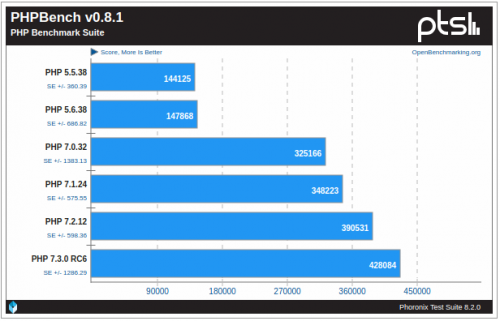RoadRunner is a high-performance PHP application server, load-balancer and process manager, written in Goland. It sounds like an excellent replacement for the built-in PHP server, and even more than that – it’s production-ready. And it works on Windows too.
RoadRunner is an open source (MIT licensed) high-performance PHP application server, load balancer and process manager. It supports running as a service with the ability to extend its functionality on a per-project basis.
RoadRunner includes PSR-7/PSR-17 compatible HTTP and HTTP/2 server and can be used to replace classic Nginx+FPM setup with much greater performance and flexibility.


